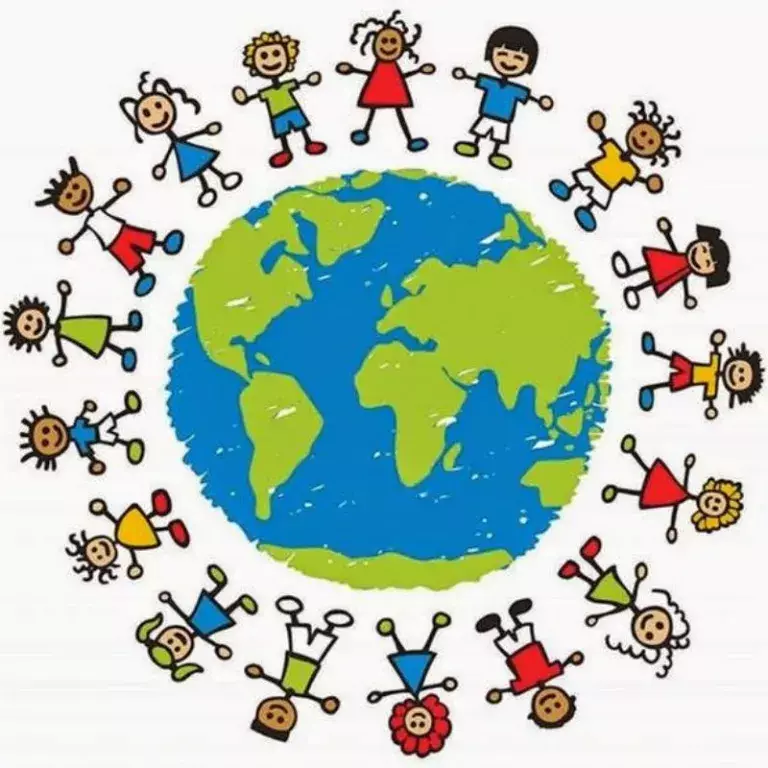Kwéyòl Myths & Facts

My child should learn English before they learn Kwéyòl. Learning too many languages will cause confusion.
Not true! Statistics show that bilingual children have better academic results, better reading and writing abilities and better language learning skills. Research has also shown that children are able to learn more than one language at the same rate and pace they are able to learn just one.
Kwéyòl is also a great foundation for learning French (and vise-versa) as many words are the same or very similar.
I can't speak Kwéyòl, so I won't be able to teach my child.
It will be more of a challenge to teach your child if you cannot already speak Kwéyòl, but it is not impossible. Many of our customers find they are able to learn with their children though our products as they are very basic learning tools set at a foundation level.
Kwéyòl used to be banned.
There was an extremely poor stigma attached to Antillean French Creole in the past and this was based purely on racial prejudice.
Antillean French Creole (Kreyol, Kwéyòl, Patois) used to be seen as a language of the poor, uneducated and uncultured. The idea was, the educated, cultured and affluent would speak a European language (English, French, Spanish, Dutch etc…) as the rich, white colonizers and plantation owners did. The closer you could appear to that image, the higher your socio-economic status.
School children were beaten or punished if they were heard speaking in Creole and several attempts have been made by various governments in the Caribbean to ban the speaking of Antillean French Creoles in the past.
If you introduce a new language to a child too early it can cause problems with speech development.
This is not true and there is no medical evidence or research to support this. Many, many children happily speak more than one language with no adverse effects to their learning or speech development.
Kwéyòl is not a real language.
There are 1.10 million French based Creole speakers globally. Variations of the language are spoken in the Caribbean, the U.S (Louisiana), Mauritius, Seychelles, Belize etc... Creole is the official language in Haiti and in the Seychelles, it is mother tongue in Mauritius and is taught in schools in Dominica and St. Lucia. Conscious efforts are being made to preserve and perpetuate the language in the Caribbean, with dedicated radio and Television programs and Kwéyòl heritage month.
Antillean French Creole is an amazing mixture of African languages, French, Spanish, Native/Indigenous languages – just like the people who speak it – and it is a beautiful extension of their cultural identity.
It is better to teach my child English, French, Spanish etc...
It is a very old and outdated idea that European languages are 'better' or more valuable than Creoles, Pidgins or other indigenous languages. These languages form part of your cultural identity if you are connected to them, and the more you distance yourself from that, the more you distance yourself from your community and your culture.
You may view Kwéyòl as having very little value outside of the Islands, but being able to converse with your grandparents/elders in a language they hold dear, or your fellow country people home or abroad, is a lot more valuable than you may think.


